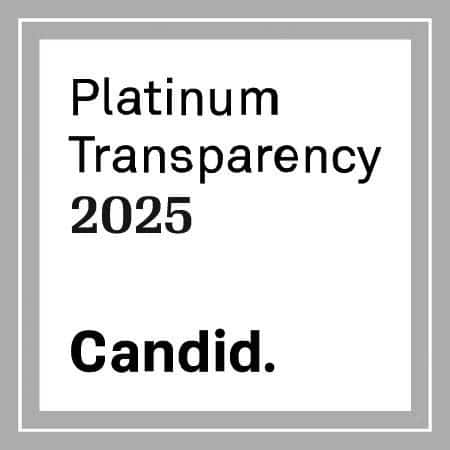What is human trafficking?
Many falsely believe human trafficking is a modern-day problem. However, this issue has been around since Biblical times. The narrative of human trafficking began with the story of Joseph in the Old Testament book of Genesis when his brothers sold him into slavery. This narrative continued on a national scale in Exodus when the Egyptians enslaved the Israelites for over 400 years. This history of trafficking continued throughout Biblical History and grew in regularity as cultures developed and nations formed. The expansion of the world’s population allowed the trafficking of people to impact every country on this planet negatively. Slavery, which irreparably marred American History and enslaved and oppressed an entire ethnicity based on skin color, helped propel trafficking onto the global stage. Since that time, the exploitation, abuse, and victimization of people have grown exponentially.
The International Labour Organization estimates that over 40 million people worldwide are modern-day slaves. These people are exploited each day through force, fraud, or coercion into performing acts of servitude or sex. This exploitation of people is referred to as Trafficking in Persons or Human Trafficking. Exploiters traffic individuals when they force them to work for little or nothing, perhaps to pay off a debt or loan or engage in sexual acts against their will. According to the Counter-Trafficking Data Collaborative (CTDC), a global data hub for human trafficking, over 90% of victims are more likely to be trafficked either for sexual exploitation or forced labor.
Additionally, the sexual exploitation of children has dramatically increased since 2017, showing a 56% increase from 2018 to 2019. This dataset suggests that minors are much more likely to be exploited for sexual purposes than adults. Because children and women are most vulnerable, traffickers have become masters of victimization, often enslaving individuals through multiple means of control, including movement restrictions, psychological abuse, physical abuse, threats, confiscation of earnings, psychoactive use substances, and repeated false promises. Most concerning about CTDC findings is that the trafficking of children and adults is increasing around the world.
Sponsor a child to help prevent a boy or girl from being trafficked
Why is human trafficking important for Christians?
The proliferation of modern-day slavery and the sexual exploitation of people is not just a social justice issue for governments, NGOs, or concerned citizens to address, it is an affront to the Gospel and should be on the heart and mind of every Christian.
Having ears opened to the cries of the oppressed and rescuing those enslaved is a central theme throughout Biblical history. When the prophet Isaiah uttered the words in Isaiah 61:1-2, he was expressing the very heart of God. “The Spirit of the Sovereign Lord is upon me, for the Lord has anointed me to bring good news to the poor. He has sent me to comfort the brokenhearted and to proclaim that captives will be released and prisoners will be freed. He has sent me to tell those who mourn that the time of the Lord’s favor has come, and with it, the day of God’s anger against their enemies.”
Throughout the Scriptures we read that God hears the cries of the oppressed, He remembers the covenant with His people, and He acts to rescue and deliver. He does not overlook or turn a blind eye to the oppressed; instead, He makes them the central focus of His love and provides justice and rescue for the hopeless. His commitment to redemption is so significant that He sends His own Son, Jesus, whose name means “The Lord Saves/Rescues.” Jesus, God incarnate, is repeatedly moved with compassion upon seeing and hearing the cries of those oppressed and enslaved through the curse and acts to redeem His people and provide eternal justice.
If these actions describe the heart of the God who came to save, should not this also be said of those who are called by His name? Psalm 82:3-4 reminds us, “Give justice to the poor and the orphan; uphold the rights of the oppressed and the destitute. Rescue the poor and helpless; deliver them from the grasp of evil people.” (NLT) As Christians, we must always remember that human trafficking is a Gospel issue and our response must be Gospel-centered.
How does a Christian approach a potential trafficking situation?
First, we must pray. Pray that God will give us eyes to see and ears to hear as we interact with people. Pray He gives us discernment to recognize if someone is being trafficked.
Second, we must act. Act on behalf of the individual and assess the situation to determine if they are a victim. Pay attention to their behavior (are they disoriented, confused, fearful, timid, or submissive?), look for signs of abuse (are they bruised, hungry, or in need of medical care?), look for signs of control (are they being manipulated, controlled or coached?).
Finally, we must tell. Report to local or national authorities about what you have just witnessed. Call the Department of Homeland Security Investigations Tip Line 24 hours a day at 1-866-347-2423 or the National Human Trafficking Hotline at 1-888-373-7888.
How can you get involved in the fight against human trafficking?
One of JMI’s long-term objectives in Moldova is to eliminate the presence of human trafficking in the name of Jesus. Moldova, situated in Eastern Europe, is a small, poor country that has become a hub for trafficking. Statistics show that many of those who are trafficked do not have a stable family or home environment. This is where JMI seeks to intervene through our child and teen sponsorship program. By intervening at this pivotal time in a child’s life, many have been taken out of harm’s way and not become a statistic of trafficking. By God’s grace, JMI’s programming is raising up a generation of bright, Christ-following leaders that will change their country.
This intervention and prevention work is indeed “a long obedience in the same direction,” as Friedrich Nietzsche says. One child at a time, lives are changing and God’s kingdom is growing in Moldova.
Will you join us in this Kingdom work? Here are 3 effective ways to get involved:
- Pray. We believe that prayer changes lives, communities, and the world. Pray that God would bring restoration and redemption to young Moldovans. Pray that trafficking would cease to exist in Moldova and globally. Pray about ways God is calling you to put your prayer to action.
- Sponsor. JMI has both children and teens in need of the loving support of a sponsor. God is moving through our sponsorship program — for many of our kids, their sponsor is one of the only loving adults in their life. Will you stand in the gap for a vulnerable child? Click here.
- Give. Give generally to the work of JMI — your funds will be used to meet the most pressing needs of the forgotten and vulnerable. Click here.
This post is part of a series on human trafficking prevention, written by Dr. Hardy on behalf of Justice & Mercy International. Part 2 offers a comprehensive overview of “Human Trafficking Facts & Statistics.” and Part 3 explains “How Child Sponsorship Helps Prevent Human Trafficking.”
International Labour Organization, http://www.ilo.org/global/topics/forced-labour/lang–en/index.htm
The Blue Campaign, https://www.dhs.gov/blue-campaign/about-blue-campaign
Counter-Trafficking Data Collaborative, https://www.ctdatacollaborative.org/
Written by: Chris Hardy with collaboration from Rachel Trammell

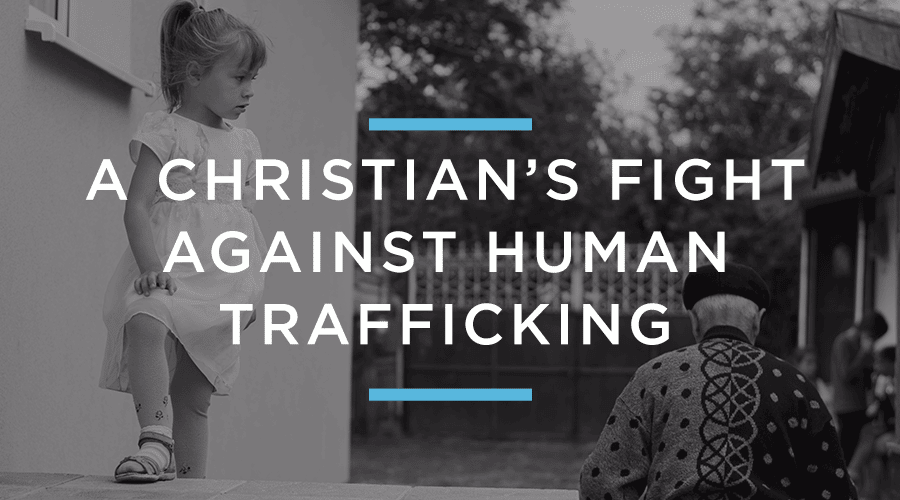
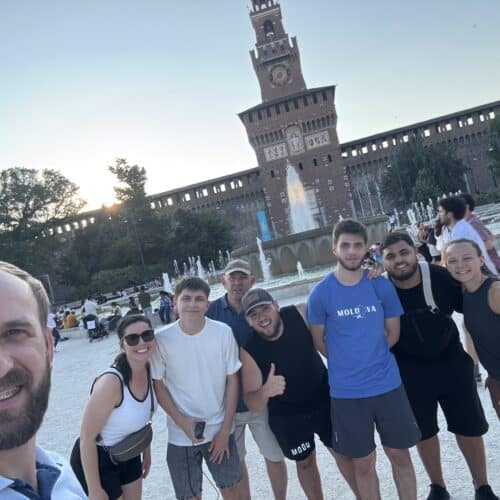
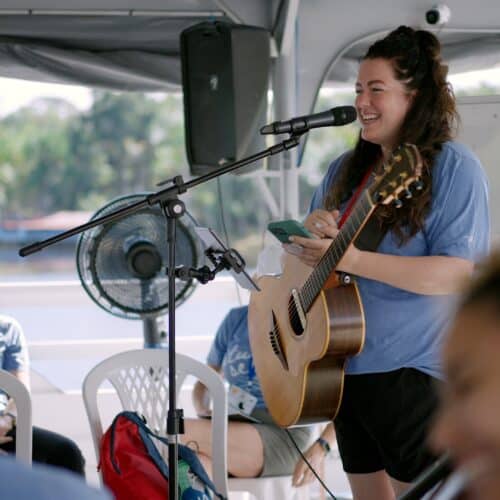
 304 44th Ave. N
304 44th Ave. N